In an attempt to promote COVID-19 vaccinations, several states implemented vaccine lottery programs using public funds to offer cash and prizes to vaccinated participants. However, these policies are now facing scrutiny, raising questions about ethics, effectiveness, and costs. Recently, federal investigators issued a subpoena to Governor Jim Justice’s office regarding the vaccine lottery in West Virginia, which was one of the largest sweepstakes in the country. West Virginia conducted the “Do it for Babydog” vaccine lottery, named after Governor Justice’s pet dog. The lottery featured a variety of prizes, including cash, scholarships, vacations, and vehicles.
Other states ran similar drug marketing tactics using public funds:
- Ohio: The “Vax-a-Million” lottery offered a chance to win $1 million to vaccinated individuals aged 18 and older. The state also held a separate drawing for vaccinated individuals aged 12 to 17, with the prize being a full, four-year college scholarship.
- Maryland: The state’s “VaxCash” promotion entered vaccinated individuals into a daily drawing for a $40,000 cash prize.
- New Mexico: Launched the “Vax 2 the Max” sweepstakes, offering various prizes, including a $5 million grand prize.
- New York: A “Vax & Scratch” program provided a free scratch-off ticket for the state lottery with a chance to win up to $5 million for individuals aged 18 and older who received their first dose of the COVID-19 vaccine.
- California: Introduced the “Vax for the Win” program, which included a series of cash prize drawings for vaccinated individuals. The program aimed to incentivize vaccinations and boost vaccination rates in the state.
- Nevada: Implemented the “Vax Nevada Days” lottery, offering vaccinated residents the chance to win a variety of prizes, including cash, college savings plans, and other valuable rewards.
The focus of the West Virginia investigation revolves around automotive dealers who provided trucks as prizes to lottery winners and probes the expenses paid by taxpayers. One recipient of a vaccine lottery prize, Grace Fowler, a medical worker during the pandemic, received a brand-new truck after participating in the “Do it for Babydog” vaccine lottery. Fowler was among the hundreds of winners in the sweepstakes organized by the Governor.
The West Virginia vaccine lottery offered over $20 million in prizes, surpassing the lotteries held in neighboring states like Ohio and Maryland combined. Soon, Fowler discovered that the value of her truck may have been inflated, resulting in a significant tax bill of over $20,000.
Fowler expressed her astonishment, saying: “It blew my mind.”
Disheartened by the unexpected tax burden, she decided that she would forgo prizes altogether in the future. Fowler said: “So I said, the next time someone says, ‘You win,’ I’m going to say, ‘Keep it.'”
Upon realizing the tax burden, Fowler made the decision to sell her truck. The governor’s office acknowledged that Fowler was not the only winner compelled to sell their prize due to tax-related issues.
Although the car dealer responsible for supplying Fowler’s truck has not commented, documents indicate that the dealer claimed the truck had additional features that elevated its value. The discrepancy in valuation fuels the scrutiny of the public-private partnerships of the vaccine lottery programs in West Virginia and across the country.
Beyond the personal financial implications for “winners” like Fowler, the vaccine lottery has sparked political backlash within the state. Governor Justice, a Republican who recently announced his bid for the U.S. Senate, faced criticism from State Auditor JB McCuskey, who conducted a review of the lottery’s expenses. McCuskey argued that the program was hastily executed and rushed taxpayer funds out the door to private businesses.
Read More:
Manchin’s Match-Up: GOP Gov. Jim Justice Throws His Hat Into the Ring in 2024 WV Senate Race
Republican State Senator Eric Tarr, another political opponent, questioned the lottery’s effectiveness in driving up vaccination rates. Tarr commented: “You would expect to see a little bump if it was something that was going to be an effective plan.”
A study published in 2021 supported Tarr’s doubts, indicating that state-led vaccine lotteries had no significant impact on persuading unvaccinated individuals to consent to the COVID-19 vaccination. These vaccine lottery policies have failed to achieve their desired, albeit coercive, impact and have instead resulted in financial burdens for both the “winners” and taxpayers.
Associate professor of economics at the University of Colorado Denver, Andrew I. Friedson, who authored the report, said: “The way the evidence has stacked up it seems that there are better ways to spend our money.”
Governor Justice’s office stated that they cooperated with federal investigators by providing the requested records.
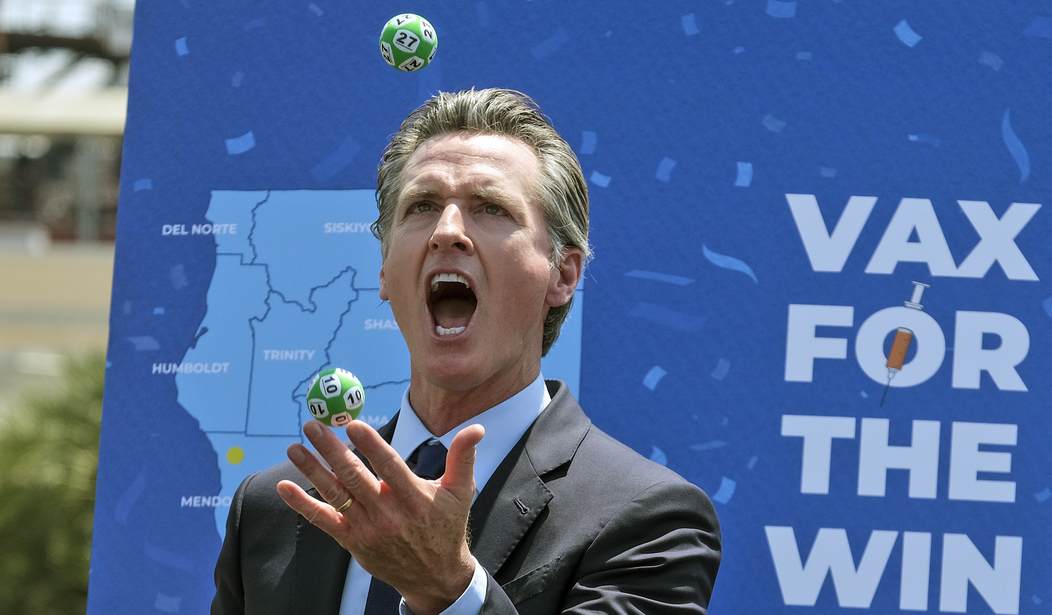

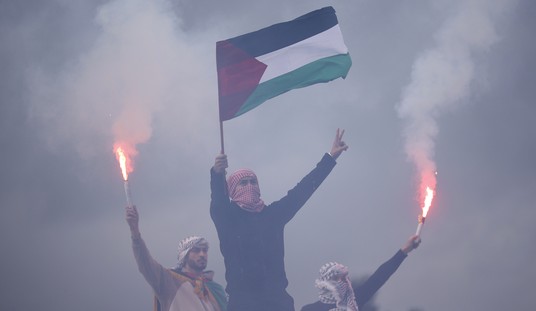
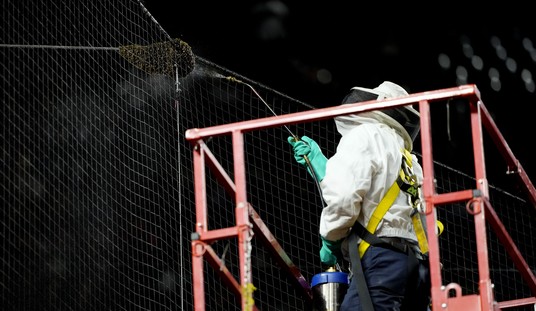
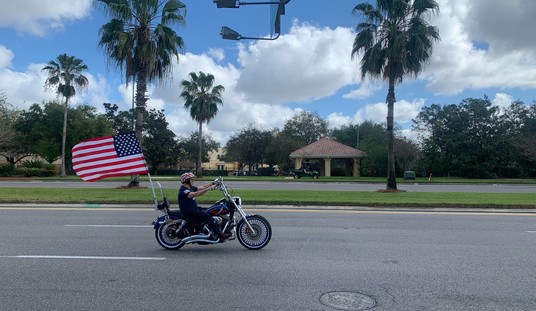
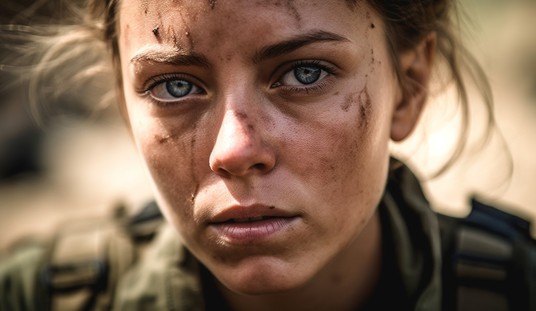
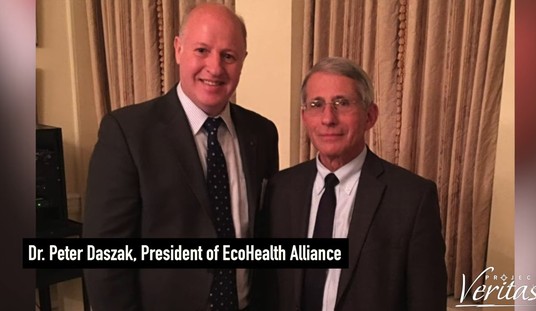
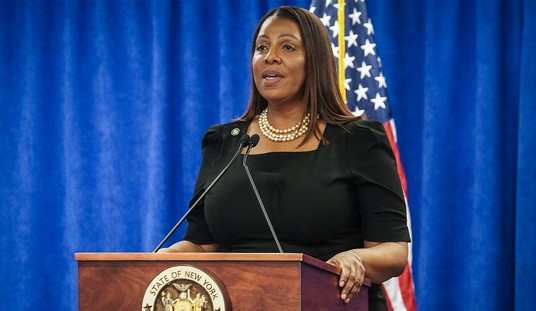
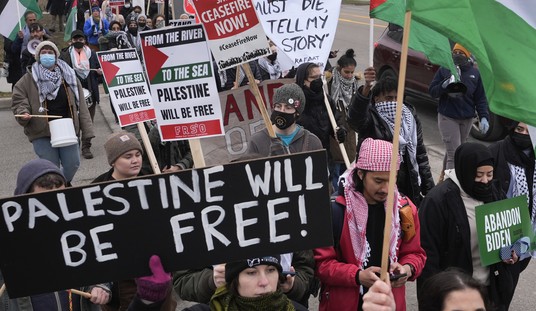


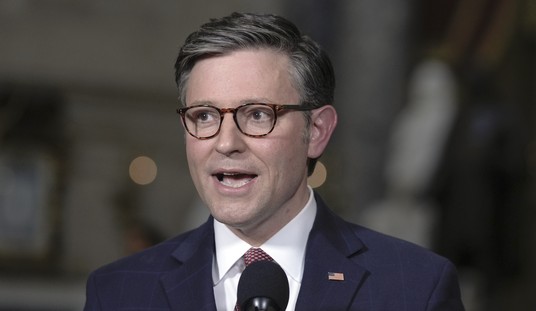
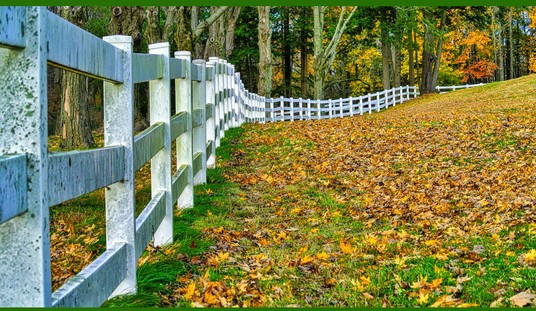
Join the conversation as a VIP Member